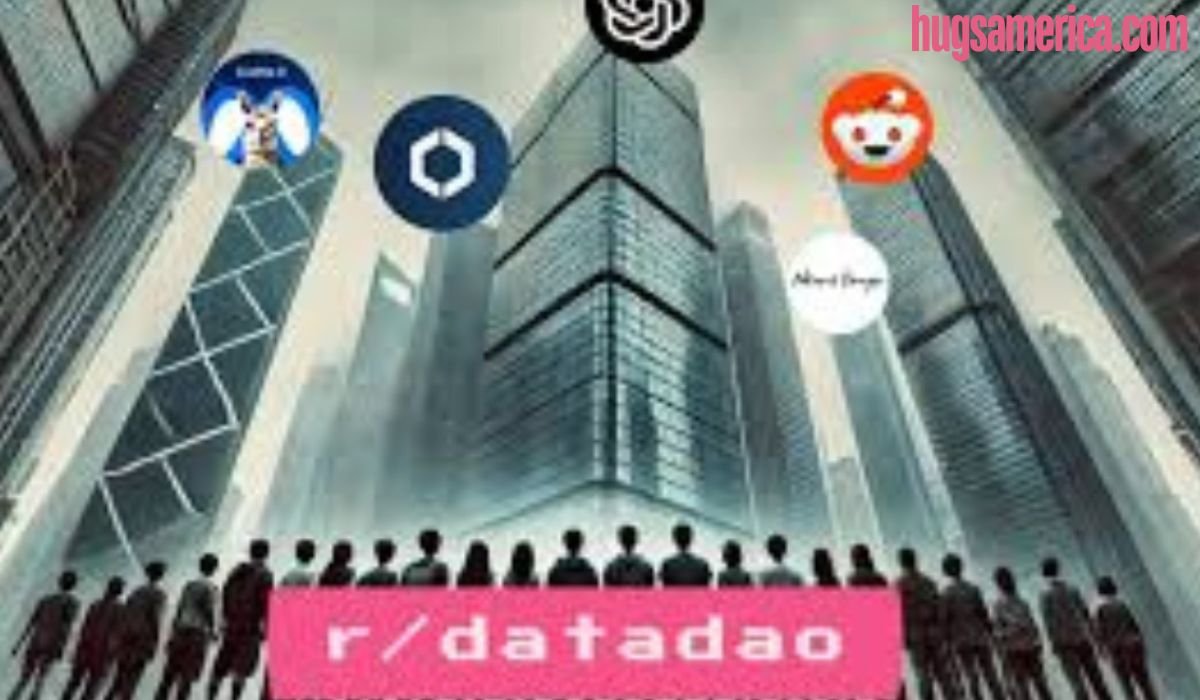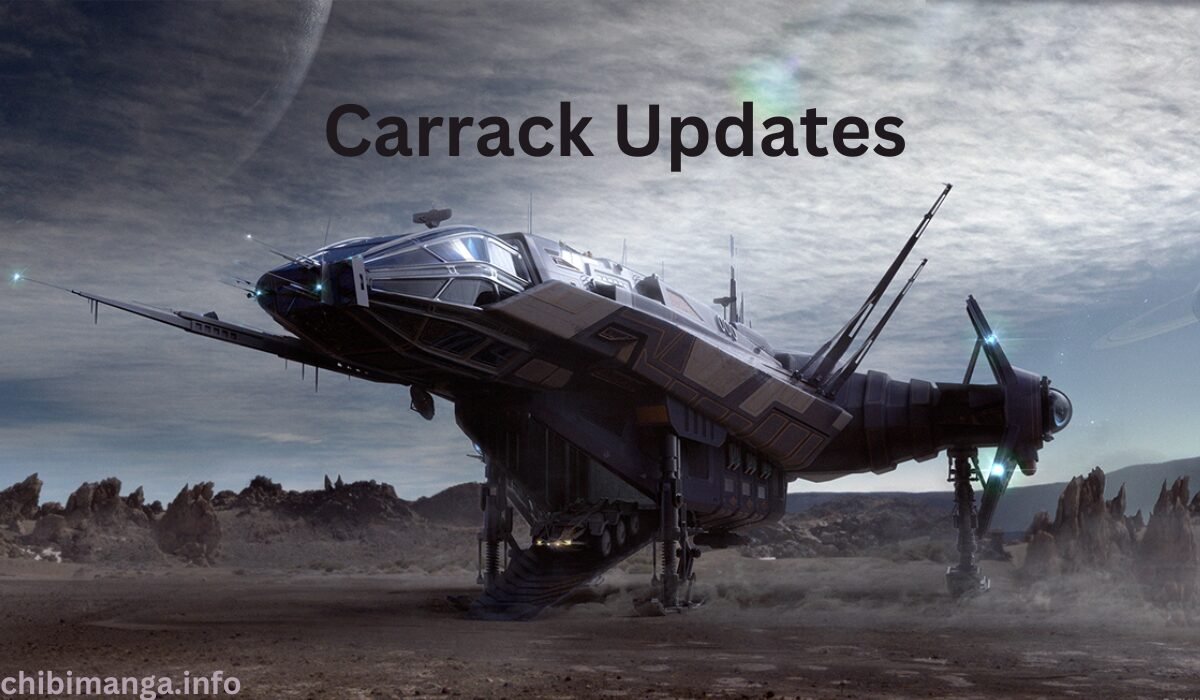In the realm of decentralized technologies and blockchain advancements, RDATADAO, https://www.rdatadao.org/home, stands out as a unique entity striving to redefine how we approach data sharing and governance. With a mission to harness the power of decentralized autonomous organizations (DAOs), RDATADAO is on a path to creating more transparent, equitable, and efficient data ecosystems. This article delves deep into the facets of RDATADAO, exploring its vision, operations, benefits, and future prospects.
What is RDATADAO?
RDATADAO, https://www.rdatadao.org/home, is a decentralized autonomous organization focused on data. By leveraging blockchain technology, RDATADAO aims to transform traditional data management and sharing methods. This involves creating a community-driven platform where data is governed, shared, and utilized in a decentralized manner.
The Vision of RDATADAO
The primary vision of RDATADAO is to democratize data access and governance. In traditional systems, data is often controlled by a few centralized entities, leading to issues such as data monopolies, privacy concerns, and lack of transparency. RDATADAO seeks to address these issues by:
- Decentralizing Data Ownership: Shifting control from centralized authorities to individuals and communities.
- Enhancing Transparency: Ensuring that all data-related activities are transparent and verifiable.
- Promoting Equity: Making data access fair and equitable for all stakeholders.
How RDATADAO Works
To understand how RDATADAO operates, it’s essential to delve into its key components and mechanisms:
Blockchain Technology
At its core, RDATADAO utilizes blockchain technology. Blockchain is a distributed ledger that ensures data integrity, security, and transparency. By using blockchain, RDATADAO can:
- Ensure Data Immutability: Once data is recorded on the blockchain, it cannot be altered or deleted, ensuring integrity.
- Enhance Security: Data on the blockchain is encrypted and distributed across multiple nodes, making it highly secure.
- Enable Transparency: All transactions and activities are recorded on the blockchain, accessible to all participants.
Decentralized Governance
One of the defining features of RDATADAO is its decentralized governance model. Unlike traditional organizations with hierarchical structures, RDATADAO operates based on community consensus. This involves:
- Voting Mechanisms: Community members vote on key decisions, ensuring that every stakeholder has a voice.
- Smart Contracts: Automated contracts that execute predefined actions when certain conditions are met, ensuring fairness and efficiency.
- Tokenomics: Utilizing tokens to incentivize participation and reward contributors.
Benefits of RDATADAO
RDATADAO offers numerous benefits, making it a promising solution for modern data challenges:
Enhanced Data Privacy
In a world where data breaches are becoming increasingly common, RDATADAO provides a more secure alternative. By decentralizing data storage and management, it reduces the risk of centralized breaches. Furthermore, individuals have greater control over their data, deciding who can access it and under what conditions.
Improved Data Transparency
Transparency is a cornerstone of RDATADAO. Every transaction and decision is recorded on the blockchain, accessible to all members. This transparency helps build trust within the community and ensures accountability.
Fair Data Distribution
RDATADAO aims to democratize data access. By removing intermediaries and central authorities, it ensures that data is distributed fairly among all participants. This can lead to more equitable opportunities and outcomes.
Community-Driven Innovation
With its decentralized governance model, RDATADAO fosters community-driven innovation. Members can propose new ideas, vote on initiatives, and contribute to the platform’s development. This collaborative approach can lead to more innovative and effective solutions.
Key Features of RDATADAO
RDATADAO’s platform is rich with features designed to support its mission. Some of the key features include:
Data Marketplaces
RDATADAO provides decentralized data marketplaces where individuals and organizations can buy and sell data. These marketplaces are governed by smart contracts, ensuring fair transactions and compliance with community rules.
Data Pools
Data pools are collective data repositories managed by the community. Members can contribute data to these pools and access pooled data for various purposes, such as research, analysis, and development.
Staking and Rewards
To incentivize participation, RDATADAO utilizes a staking and rewards system. Members can stake tokens to support the network and earn rewards in return. This system encourages active participation and contributes to the platform’s security and stability.
Use Cases of RDATADAO
RDATADAO’s innovative approach to data management and governance opens up numerous use cases across different industries:
Healthcare
In the healthcare sector, RDATADAO can revolutionize data sharing and management. By creating secure and transparent data ecosystems, it can facilitate research, improve patient care, and ensure data privacy. For instance, medical researchers can access anonymized patient data for studies, while patients maintain control over their personal information.
Finance
The finance industry can benefit significantly from RDATADAO’s decentralized data governance. It can enhance the transparency and security of financial transactions, reduce fraud, and improve regulatory compliance. Financial institutions can collaborate on shared data platforms, leading to more efficient and accurate services.
Education
In education, RDATADAO can democratize access to educational resources and data. Educational institutions can share research data, collaborate on projects, and ensure that educational resources are distributed fairly. Students can also benefit from more personalized learning experiences based on transparent and accessible data.
Supply Chain
RDATADAO’s blockchain-based platform can improve supply chain transparency and efficiency. By tracking products and transactions on the blockchain, it ensures that all stakeholders have access to accurate and real-time information. This can reduce fraud, enhance accountability, and improve overall supply chain management.
The Future of RDATADAO
As RDATADAO continues to grow and evolve, its impact is expected to expand across various sectors. Some future prospects for RDATADAO include:
Global Adoption
With its numerous benefits, RDATADAO has the potential to achieve global adoption. As more organizations and individuals recognize the value of decentralized data governance, RDATADAO’s community is likely to grow, leading to broader and more diverse use cases.
Technological Advancements
RDATADAO is poised to leverage technological advancements to enhance its platform. This includes integrating artificial intelligence (AI), machine learning, and advanced analytics to improve data management, decision-making, and innovation.
Regulatory Compliance
As regulatory frameworks around data privacy and governance evolve, RDATADAO is well-positioned to adapt and ensure compliance. By maintaining transparency, security, and fairness, it can navigate regulatory challenges and build trust with stakeholders.
Collaboration and Partnerships
Future growth for RDATADAO will also come from strategic collaborations and partnerships. By working with other organizations, platforms, and communities, RDATADAO can expand its reach, share resources, and drive collective innovation.
You may also like: Free Tablet with EBT: How to Get One and Why It Makes a difference
Conclusion
RDATADAO represents a pioneering approach to data governance and management. By leveraging the power of blockchain technology and decentralized autonomous organizations, it offers a more transparent, equitable, and efficient way to handle data. From enhanced privacy and transparency to community-driven innovation, RDATADAO provides numerous benefits that make it a promising solution for modern data challenges. As it continues to grow and evolve, RDATADAO is poised to make a significant impact across various industries, shaping the future of data governance for the better.
FAQS
FAQs about RDATADAO
1. What is RDATADAO and how does it work?
Answer: RDATADAO is a decentralized autonomous organization focused on data management and governance. It utilizes blockchain technology to create a transparent, secure, and equitable platform for data sharing and utilization. By decentralizing data ownership and implementing community-driven governance, RDATADAO ensures that data is managed fairly and transparently. Key components of RDATADAO include blockchain technology, decentralized governance, data marketplaces, data pools, and a staking and rewards system.
2. How does RDATADAO ensure data privacy and security?
Answer: RDATADAO enhances data privacy and security through its use of blockchain technology. Data stored on the blockchain is encrypted and distributed across multiple nodes, making it highly secure and resistant to breaches. Additionally, the decentralized nature of RDATADAO ensures that individuals have control over their data, allowing them to decide who can access it and under what conditions. The immutability of blockchain ensures that once data is recorded, it cannot be altered or deleted.
3. What are the benefits of using RDATADAO for data governance?
Answer: RDATADAO offers numerous benefits for data governance, including:
- Enhanced Data Privacy: Individuals have greater control over their data, reducing the risk of centralized breaches.
- Improved Data Transparency: All data-related activities are recorded on the blockchain, ensuring transparency and accountability.
- Fair Data Distribution: Data is distributed equitably among participants, removing intermediaries and central authorities.
- Community-Driven Innovation: The decentralized governance model fosters collaboration and innovation within the community.
- Secure Transactions: Smart contracts automate and secure transactions, ensuring compliance with community rules.
4. In which industries can RDATADAO be applied?
Answer: RDATADAO has potential applications across various industries, including:
- Healthcare: Enhancing data sharing and privacy for patient care and medical research.
- Finance: Improving transaction transparency, reducing fraud, and ensuring regulatory compliance.
- Education: Democratizing access to educational resources and fostering collaboration among institutions.
- Supply Chain: Increasing transparency and efficiency by tracking products and transactions on the blockchain.
5. What are the future prospects of RDATADAO?
Answer: The future of RDATADAO looks promising with several potential developments, such as:
- Global Adoption: As more organizations and individuals recognize the benefits, RDATADAO’s community is likely to grow.
- Technological Advancements: Integration of AI, machine learning, and advanced analytics to enhance the platform.
- Regulatory Compliance: Adapting to evolving regulatory frameworks to ensure data privacy and governance.
- Collaboration and Partnerships: Strategic partnerships to expand reach, share resources, and drive collective innovation.
By addressing these frequently asked questions, this article aims to provide a comprehensive understanding of RDATADAO and its transformative potential in the realm of data governance.








![[7.54-1.964]](https://hugsamerica.com/wp-content/uploads/2024/08/Add-a-heading-42.jpg)

